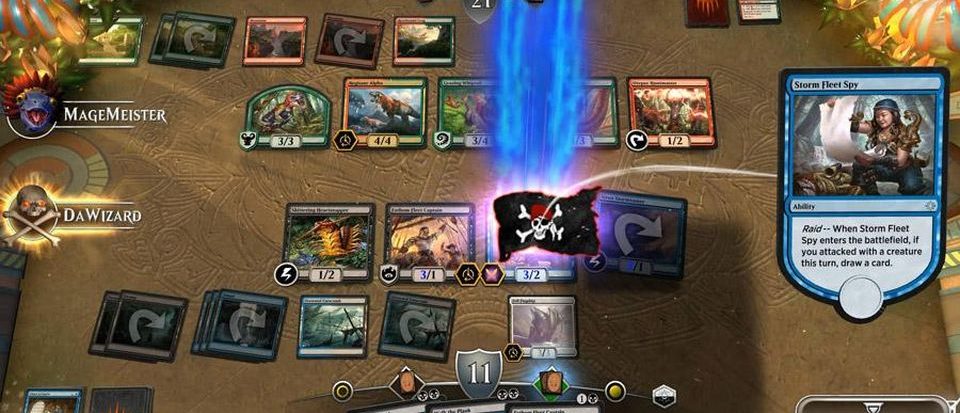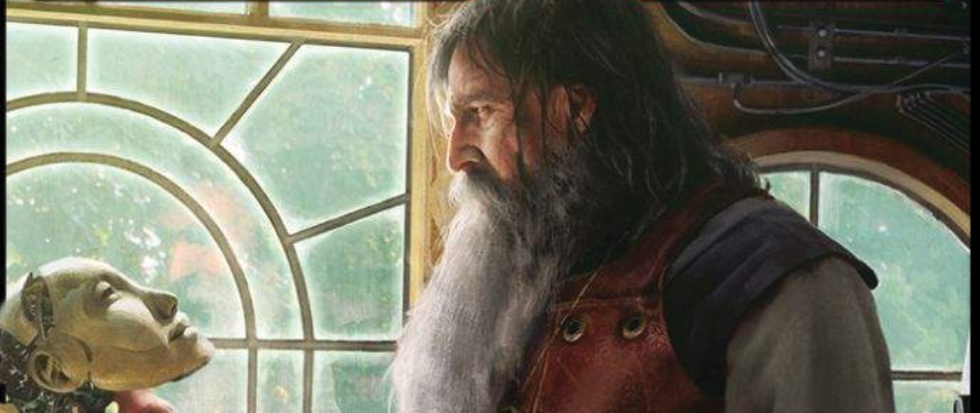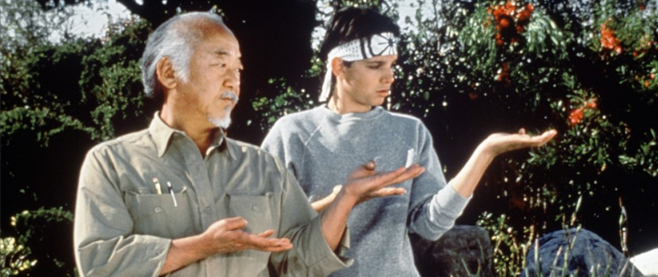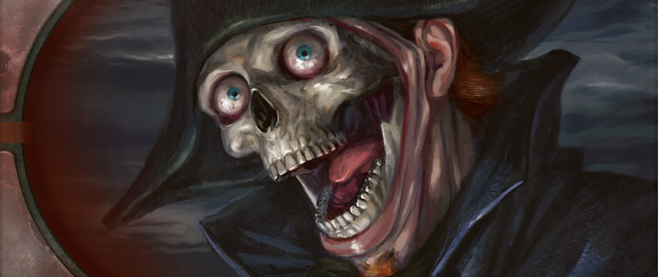
Losing the Magic with Arena
There’s little doubt that Magic: the Gathering is a titan among card games. The granddaddy of the trading card game model and the basis on which every subsequent TCG drew from, Magic still boasts the most complex, rewarding gameplay of them all. But that’s not what makes the game special, as the game has facets outside of its base rules. The sheer variety of different formats, combined with an amazing sense of community, offers a kind of magic you can’t get anywhere else. Magic Arena, while great for providing ways to play when you’re at home or on the go, nevertheless betrays the heart and soul of the game, and its harmful effects are just beginning to ripple through all parts of the hobby as we know it.
At first blush, Arena is everything a Magic player could hope for. A far cry from the mess that is the Magic Online eternal beta, Magic Arena is, above all else, welcoming. The user interface is intuitive, the mechanics are all intact with few bugs, and the visual presentation makes the cards come to life in a way that rivals the charm of Hearthstone. What’s more, they’ve got a fair few formats to choose from, but draft most importantly. The act of building a deck from scratch by taking a pack of cards, choosing one, then passing the rest and repeating is easily one of the highlights of Magic, and it’s still killer here, though with a couple of minor alterations – Matches are best-of one, which makes sense given a best-of three will take you between 40-50 minutes. The second, and more telling, one is that you’re not drafting with other people, but rather, the computer.
This last point is emblematic of the greater problem with Arena: It’s a solitary experience. Sure, you’re playing with opponents, but you can only really communicate using emote phrases they give you. It’s worth asking if you’d want to communicate in a direct way given the internet is full of scumbags, but the greater point that Arena misses is the context under which we all play Magic before Arena came along: in stores, at events, or just at your kitchen table with your friends. What Arena lacks is the connections that form from the game paired with the social contract that comes with being in a group setting. Local game stores become communities for Magic players, and though the bonds that form in them may not necessarily be real friendships (though they certainly can), the wider world of Magic serves as a core that we’re all plugged into, that we can all connect with.
Which is all fine and good if the physical game keeps going, which there doesn’t seem to be any danger of as long as people’s collections are flush with cards. But Arena’s market strategy is already warping the culture around the game, and not in a good way. In commissioning the creation of Arena, publisher Wizards of the Coast are banking on cashing in on the esports zeitgeist, pouring a sizable chunk of their budget into big-name video game tournaments like their Mythic Championship and diverting it away from coverage of paper Magic. There’s still massive events, now called Magic Fests, and they still command a sea of players. But coverage of the main event, the Grand Prix, went from a full camera crew and commentary team to just a text report of what happened. Grand Prix coverage has since continued again, but only thanks to outside partner Channel Fireball, who runs the events, and Wizards only partially subsidizing video costs, resulting in a clear reduction from what came before. And with rumors of scaling back the paper product in the background paired with the reduction in coverage, the signal from Wizards is clear here: Magic’s future is video. And that’s a shame.
It’s a shame because Magic is about the connections we form between us when we play, when we bond over our shared interest. It’s a shame because Arena’s format list is fairly thin, with only Standard, Draft, Brawl, and the Arena-exclusive Historic formats in play, the game is missing so much of what makes Magic great, with formats like Modern, Pioneer, and Commander all experiencing sustained popularity. Wizards is never going to cut paper Magic completely, and that’s a good thing. But with such a heavy push into the eSports scene, and a decreased visibility on paper Magic, Wizards and Hasbro fundamentally misunderstand the magic of Magic.





